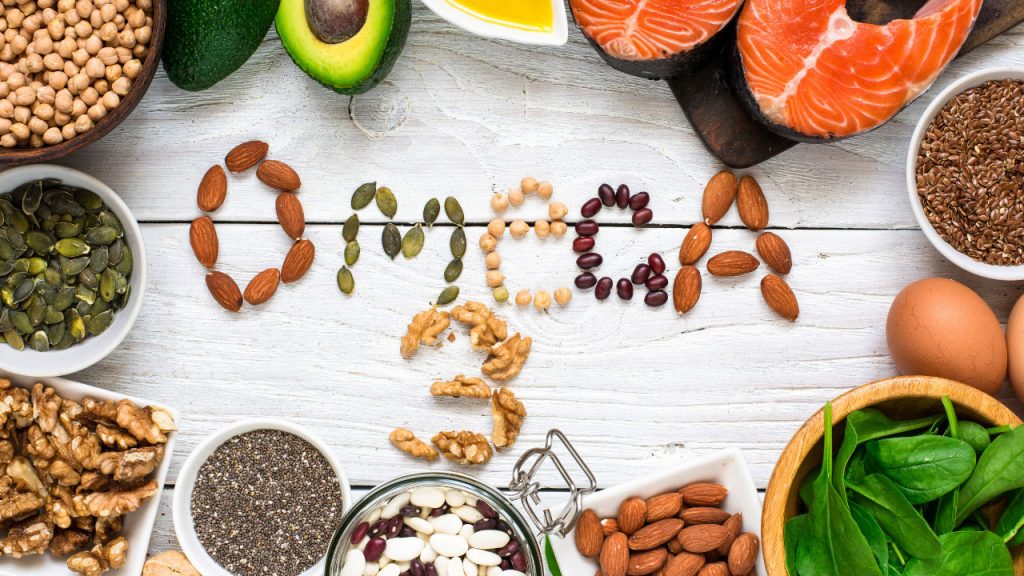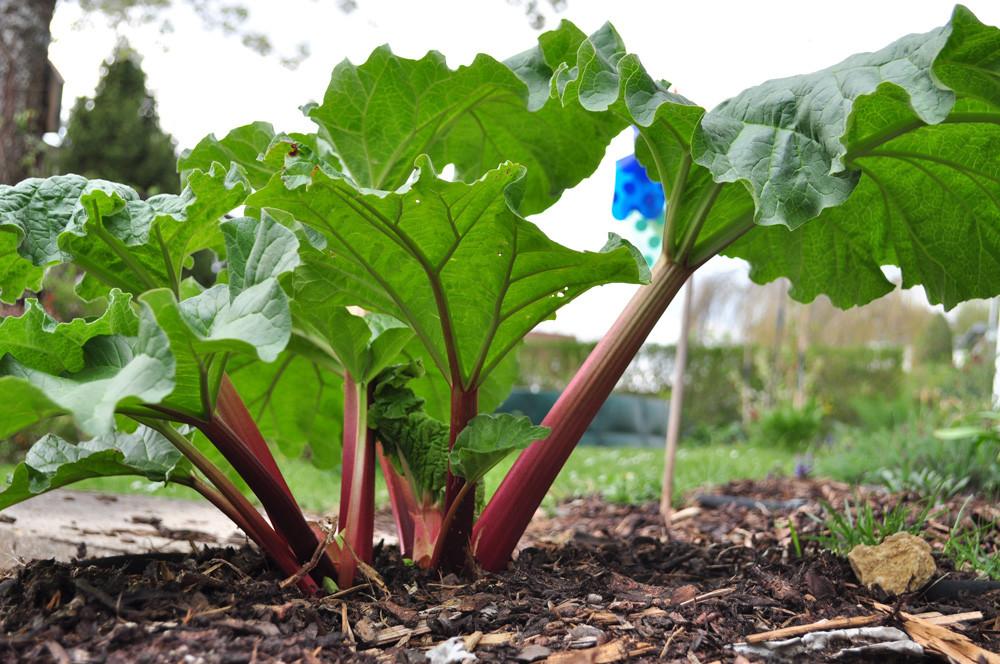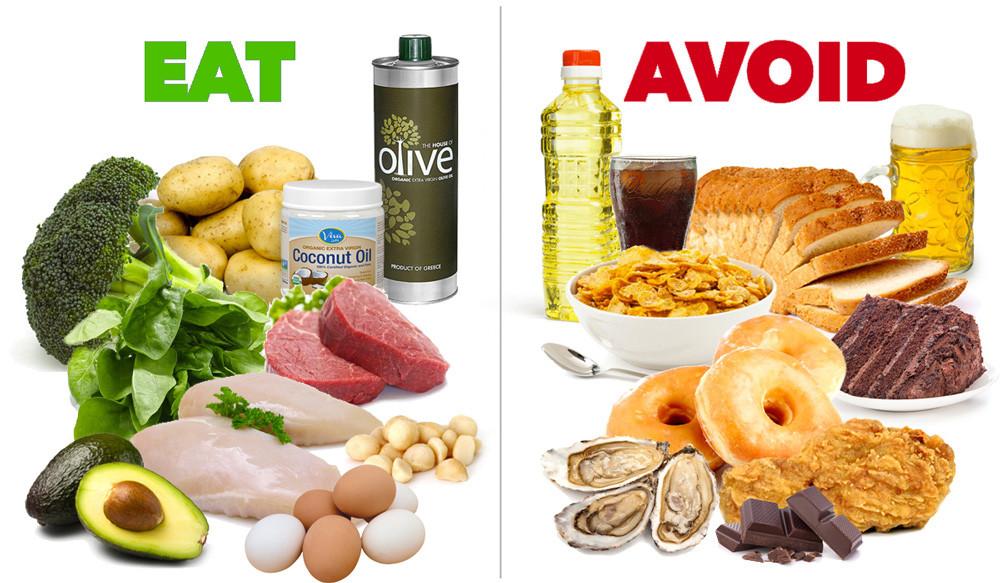Eating a healthy diet is a constant balancing act of figuring out what you should include and what you should leave out. Then there’s the question of whether you need to supplement your diet with additional nutrients, maybe as capsules or powders. Where exactly does organic food fit into all of this?
Well, in terms of what you should leave out, organic food is grown without pesticides, so there’s a lot less worry when it comes to whether you’re putting unnatural and potentially harmful chemicals into your body. There’s a general perception that it’s the “cleaner” way to eat. This can be particularly important to certain groups of people, such as pregnant women, because pesticides may be particularly damaging to a child’s developing brain.
So that’s what organic food removes from your diet, but what does it add? This is where there’s a bit more argument. Studies have been carried out, but their results haven’t been conclusive. With organic becoming ever more popular, it’s likely that there will be more research done in the future.
Organic dairy and meat products seem to have more omega-3 fatty acids than non-organic foods (https://www.ncbi.nlm.nih.gov/pmc/articles/PMC5658984/). Humans can only make some kinds of omega-3 fatty acids in the body, which means the rest need to come from their diet. These acids are good for everything from cell membranes to heart health. They’re also recommended in pregnancy to help the growth and development of the baby’s brain.
Cod liver oil is one of the most popular forms of supplement in the world, and that’s partially because fish oils are a particularly potent form of omega-3. As with most nutrients, there are recommendations about the appropriate amount to consume in a day (although side effects tend to be mild) and how it may interact with any medication you might be taking (https://ods.od.nih.gov/factsheets/Omega3FattyAcids-HealthProfessional/).
Supplements are generally recommended when you can’t reach the necessary level of a nutrient from your diet. Taking fish oil isn’t preferred to eating fish on a regular basis, but fishy products aren’t the only place to find omega-3 fatty acids. This is good news because not everyone likes fish and they may be looking for alternative sources. The higher amounts of omega-3 fatty acids in organic food may be able to help, even if you still need some kind of supplement to reach the ideal level.




